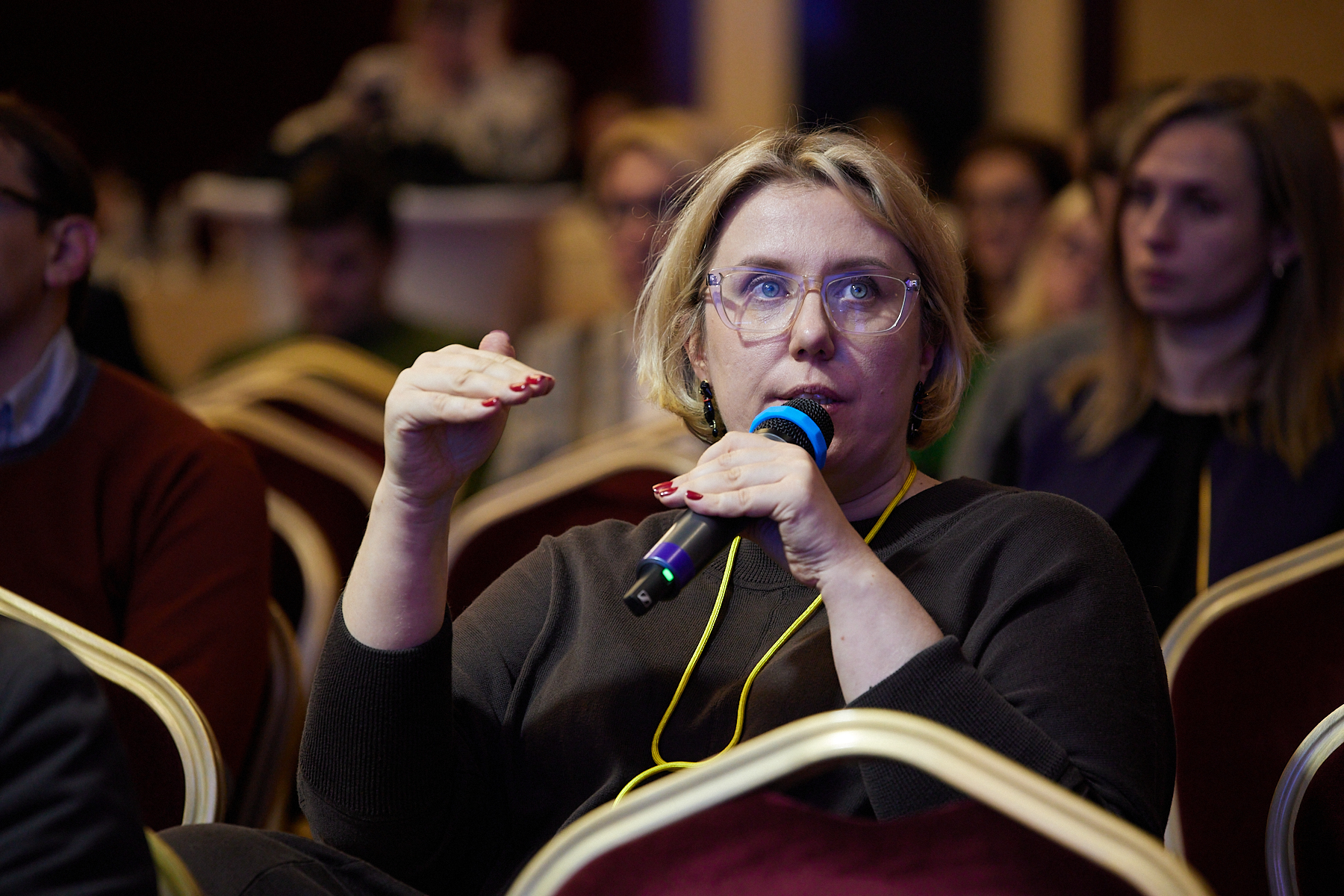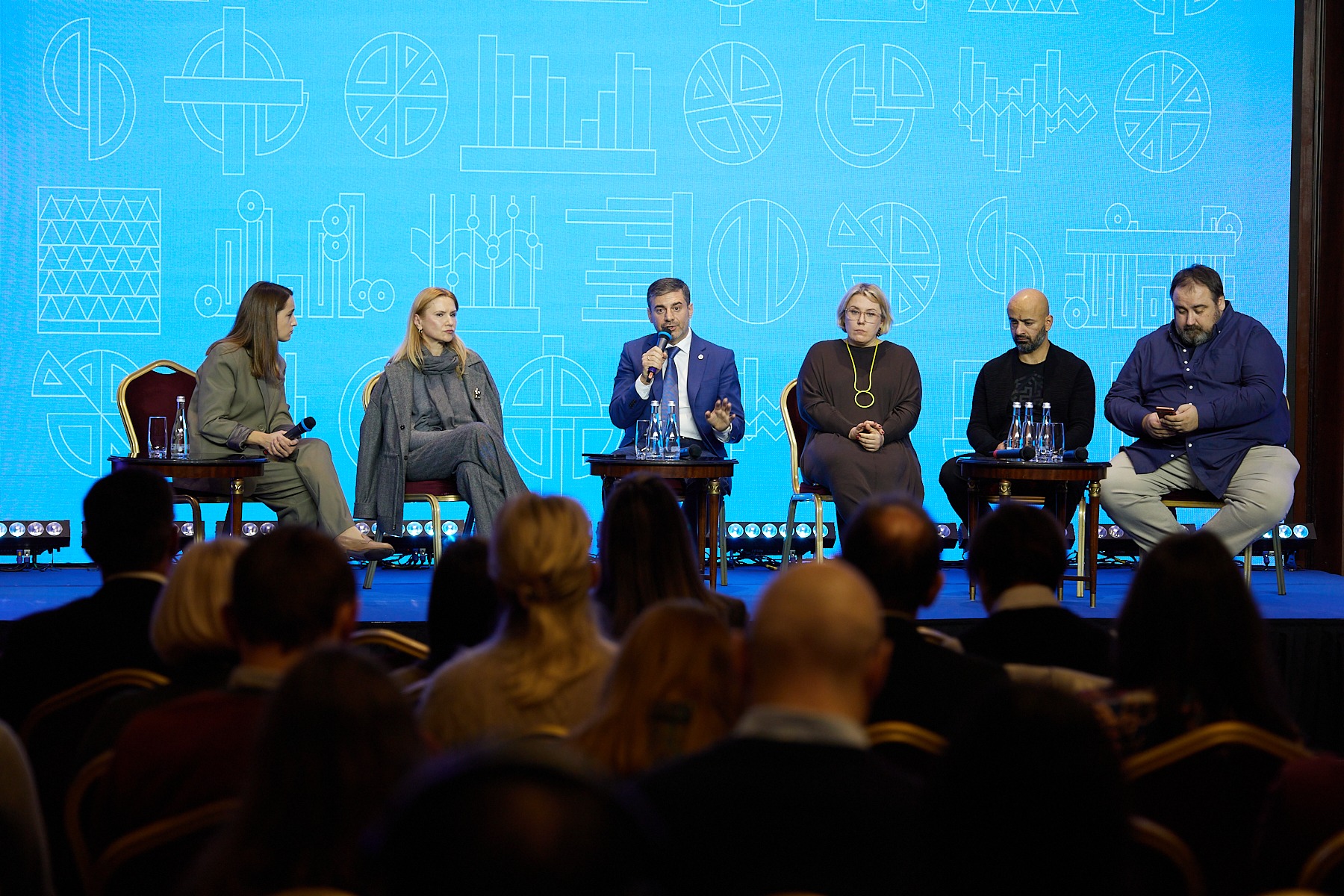Citizens of Ukraine have a neutral attitude towards their compatriots regardless of their language of communication, experiences of living through the war and mobilization. However, unity of Ukrainian society is highly dependent on the ability of our state’s information policy to resist Russian campaigns aimed at dividing the nation. This topic was discussed at the Civil society summit “(Dis)connected: rethinking social resilience in Ukraine”, which was held by OPORA on October 22.
Julie Cohen, United States Agency for International Development (USAID) Mission Director for Ukraine, stressed the following: “The war is changing Ukrainian society beyond the battlefield. The people of Ukraine living in the cities and villages in the occupied, de-occupied, and non-occupied territories experience the hardships of Russo-Ukrainian war in very different ways. We need to stay resilient against external forces that want to exploit these differences in our experiences and place an emphasis on the things that unite all Ukrainians – the nationwide struggle against Russian aggression for an independent, sovereign, democratic Ukraine.”
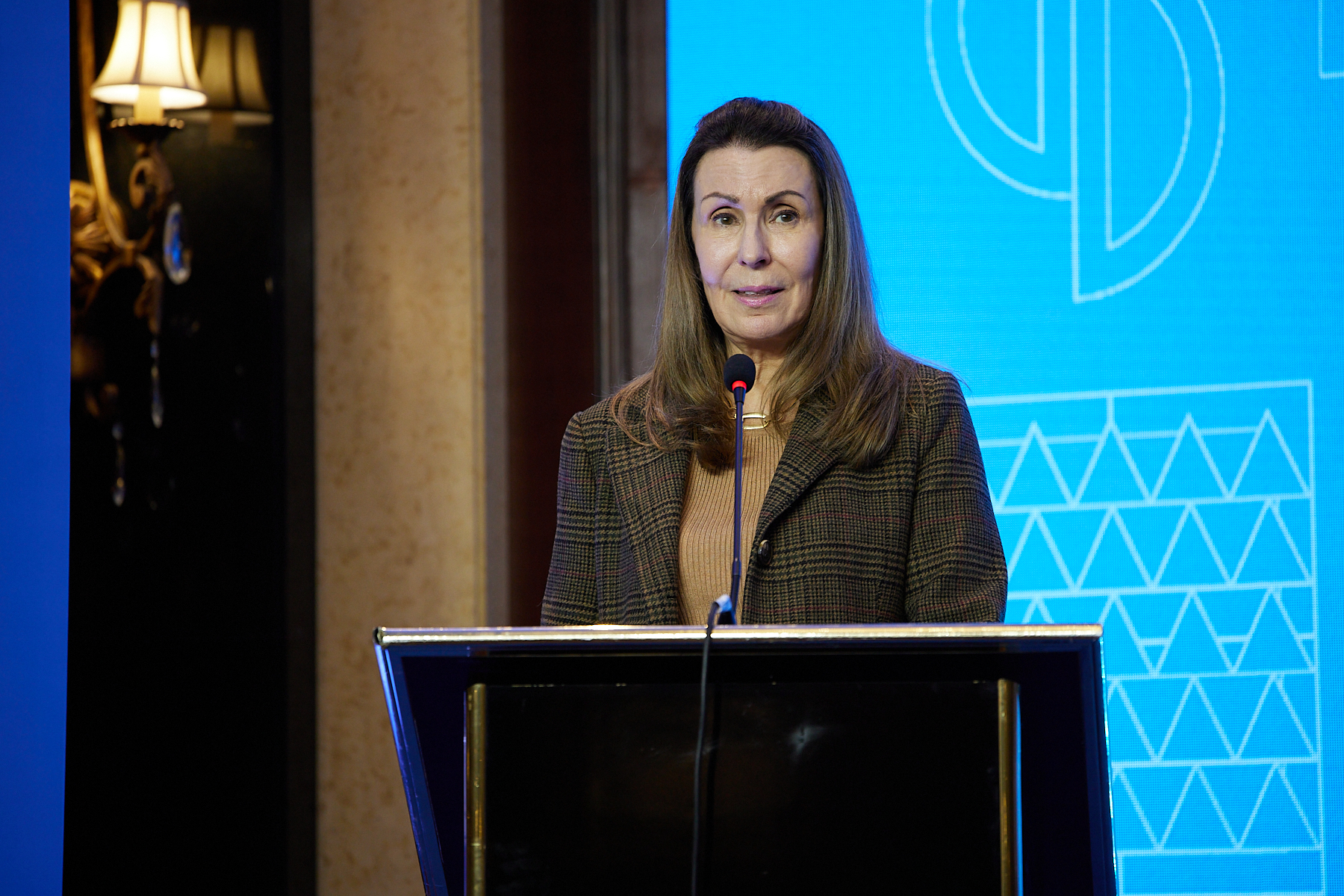
Olha Aivazovska, Chair of the board of the Civil Network OPORA, noted that it is important not only to talk about the results of sociological surveys, but also use the opportunity to influence the public sentiments, the situation in which our society finds itself today, the prospects for its full recovery in the post-war period or its resilience in the case of prolonged war, for which we also need to be prepared. “We all consume certain narratives that affect our present and perhaps our future in one way or another. These narratives are trying to convince us that we uphold a certain socio-political or private position on various issues. And only analytics can help us understand to what extent these narratives are artificially created or genuine. Collected data will tell you more about the real state of affairs than your perception of some other person’s story, pain or misfortune. About a year ago, our partners started asking one and the same question: “Are the people of Ukraine ready to fight on?” I am deeply convinced that this question is the result of successful communication campaign carried out by our enemies. Our continuous struggle for independence has been going on for many years, which goes to prove that we are ready to fight on. The fact that our partners question our readiness to continue fighting because of the lack of social cohesion and unity, but have no evidence to support these claims, is most likely due to the actions of the Russian Federation,” said Olha Aivazovska.
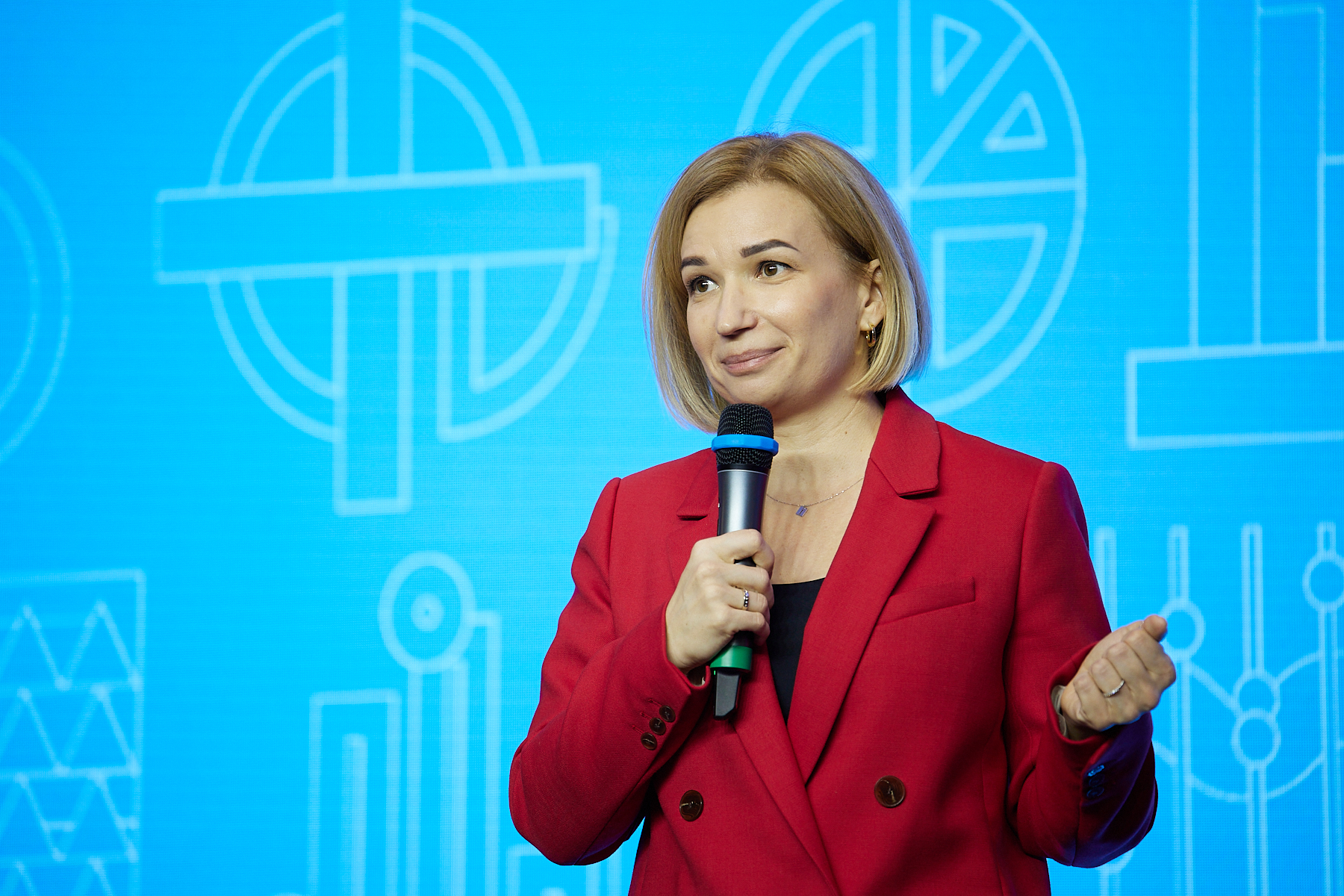
OPORA’s analyst Anastasia Romaniuk presented the results of research study “(Dis)connected: polarization in Ukrainian society”, which gives an answer to the question of whether or not any given group of people is biased against the opposing group. “Since the very beginning of Russia’s full-scale invasion of Ukraine, we have been witnessing the unprecedented and phenomenal unity of our society which helped us survive. Social cohesion has been one of the key contributors to our resilience. That’s why we decided to conduct a study and obtain answers to a few important questions: how widespread are the recent incidents involving representatives of different religious groups? Is the distinction between certain population groups embedded at the horizontal level of interaction between these groups? What do the societal divisions and rifts (that have been discussed by our bloggers and experts in the newscasts) look like? Is our society divided, or do we still have some time to prevent it? To be more specific, we decided to use the definition of affective polarization. We checked whether representatives of any given group have already developed a prejudice that forces them to refuse to interact with each other out of principle,” said Romaniuk. According to the results of research study, Ukrainians do not feel hostility toward each other regardless of what language they use in everyday communication, where they live, whether they serve in the AFU or not.

According to Olena Kondratiuk, Deputy Speaker of the Verkhovna Rada of Ukraine, Ukrainians abroad are united by their sense of dignity and patriotism because they feel being part of Ukrainian nation like never before: “During our business trips abroad, we always meet with our compatriots because they will always be our people regardless of when they left the country – before or after 2022. At the beginning of 2022, many of them shared a sense of despair, but later it was replaced by a sense of stability and predictability. After all, ensuring children’s safety is no longer the most important problem facing Ukrainians abroad. Today, they are preoccupied with receiving education, finding housing and employment. Now I see that their dilemma is whether or not to turn dignity into professionalism (for example, Ukrainian doctors and teachers cannot hold the same high position abroad, so they have to accept the roles of assistants to doctors or teachers), and whether or not to exchange security for their children’s education (because foreign education is of better quality compared to ours, especially when it comes to children of school graduate age).” She also emphasized the importance of human capital for future sustainability of Ukraine. “60,000 Ukrainian individual entrepreneurs have been registered in Poland over the past 12 months. Furthermore, Ukrainians in Poland have already produced 1% of Poland’s GDP, which is twice as much as Poles have spent on supporting Ukrainian refugees. This goes to show that the EU member states are compensating for the lack of human capital in their economies by maximizing the potential of Ukrainians, and they will continue to do so. Many countries have created new ministries of fertility and replaced their migration policies with Ukrainians. That is why it is not enough for us to form a Ministry of Return of Ukrainians,” said Kondratiuk. In her opinion, the incentives and preferential terms that can be offered by state authorities to those who left the country may become one of the causes of social polarization in Ukraine. Therefore, the rules of the game must be the same for Ukrainians abroad, Ukrainians in Ukraine and internally displaced persons. Olena Kondratiuk believes that national security, social standards, a sense of justice, and anti-corruption policy are the key factors for uniting Ukrainian society.
Ukrainian Parliament Commissioner for Human Rights Dmytro Lubinets spoke about the potential dividing line between the people who come from the occupied territories and the host communities: “At the beginning of Russia’s full-scale invasion, the whole nation united around the idea of survival. The year 2022 passed under the slogan of common consent and understanding that we are fighting for our country. At that time, there were no problems in relations between IDPs and local communities. However, problems began when social media and TV channels started showing negative examples to the public. They play against us. We rarely see any positive news that help unify the nation. For some reason, everyone is striving after negative stuff, which is more likely to attract attention. However, this creates an impression that everything is bad in Ukrainian society. As of now, the situation has become even worse. The number of people who have left the temporarily occupied territories and remain in the government-controlled areas of Ukraine is rapidly decreasing, while the number of Ukrainian citizens who returned to the temporarily occupied territories is growing. This causes concern and arouses distrust among the host community members.” Dmytro Lubinets emphasized that no one is willing to speak openly and honestly with Ukrainian citizens who have left the occupied territories about the limited opportunities for providing state support. Given the fact that the Ministry of reintegration of temporarily occupied territories is undergoing reorganization, there is no answer to rhetorical question of what body of executive power is responsible for dealing with IDPs. According to Lubinets, this widens the rift between IDPs and local residents. At the same time, he believes that dialogue is the most effective conflict-resolution mechanism.
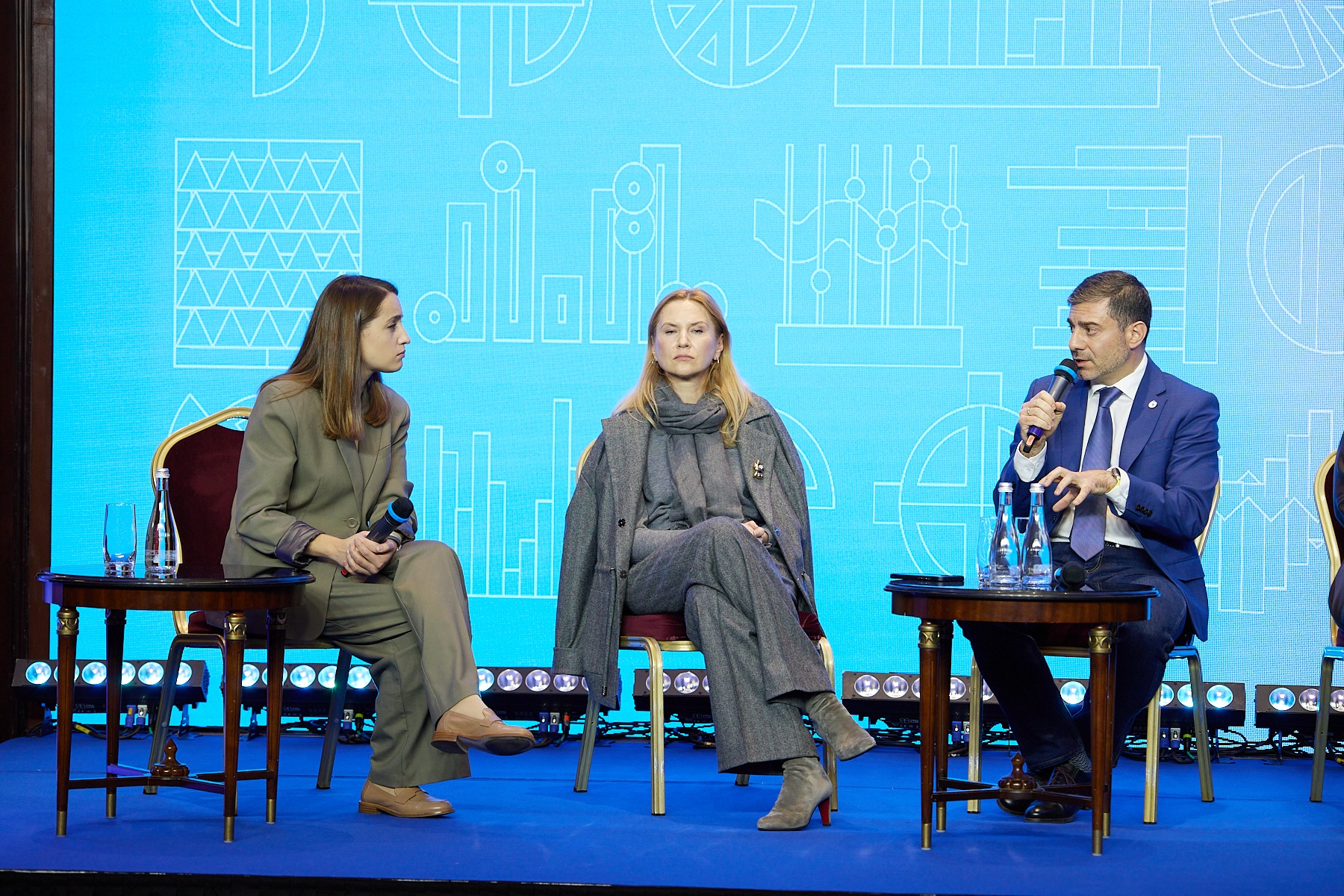
Director of the Frontier Institute Yevhen Hlibovytskyi noted that social cohesion in Ukraine is determined not so much by tolerance for each other’s beliefs and views as by collective trauma, which is quite noticeable on a global scale. “The second thing we are leaving out of consideration is the change of ethical values caused by modern technologies. Social media has completely changed the way we interact with each other. The world seems much crueler than it actually is, if our judgments are based on our social media bubbles. This is the question of what Telegram and United news telemarathon do in the legal and media space of Ukraine. The messages like “this war will last for 2-3 weeks” are costing us a lot. Information policy is one of the factors that have a great effect on the things we talk about. When it comes to religion, this is a question of subjectivity. We are undergoing very dynamic social transformation. This dynamics means that more and more people are shifting from paternalistic interaction model. They behave in a different manner and take responsibility for their actions either by choice or out of necessity. Manipulative influence becomes much less significant when we are dealing with subjects. A “non-subject” population is actively influenced by external forces. It is much more difficult to influence a “subject” population, although it can also lose rationality and succumb to emotions,” said Yevhen Hlibovytskyi.

Masi Nayyem, military officer and co-founder of NGO “Principle”, emphasized that Ukrainian society is now less able to think critically because it is exhausted. “Information is a source that spreads hate, while the people act as a radio receiver, which is broken. Today, it takes me 3 minutes to launch a so-called “jackal express” (harassment campaign) against a certain business. No one will carry out an investigation to find out whether you are guilty or not. Bankova Street (Office of the President), members of “Servant of the People”, Poroshenko and other politicians are using this tool. Sometimes this leads to unpleasant incidents. For example, Kateryna Handziuk, whose case is still under investigation, was killed by five ATO veterans because someone told them that she was a separatist. They threw acid in Kateryna’s face without delving into what happened, and she died a slow, painful death after 4 months in the hospital,” said Nayyem. He added that the military feel injustice due to the unresolved issue of demobilization. The state authorities created a system involving “draft evaders” and “busification”.
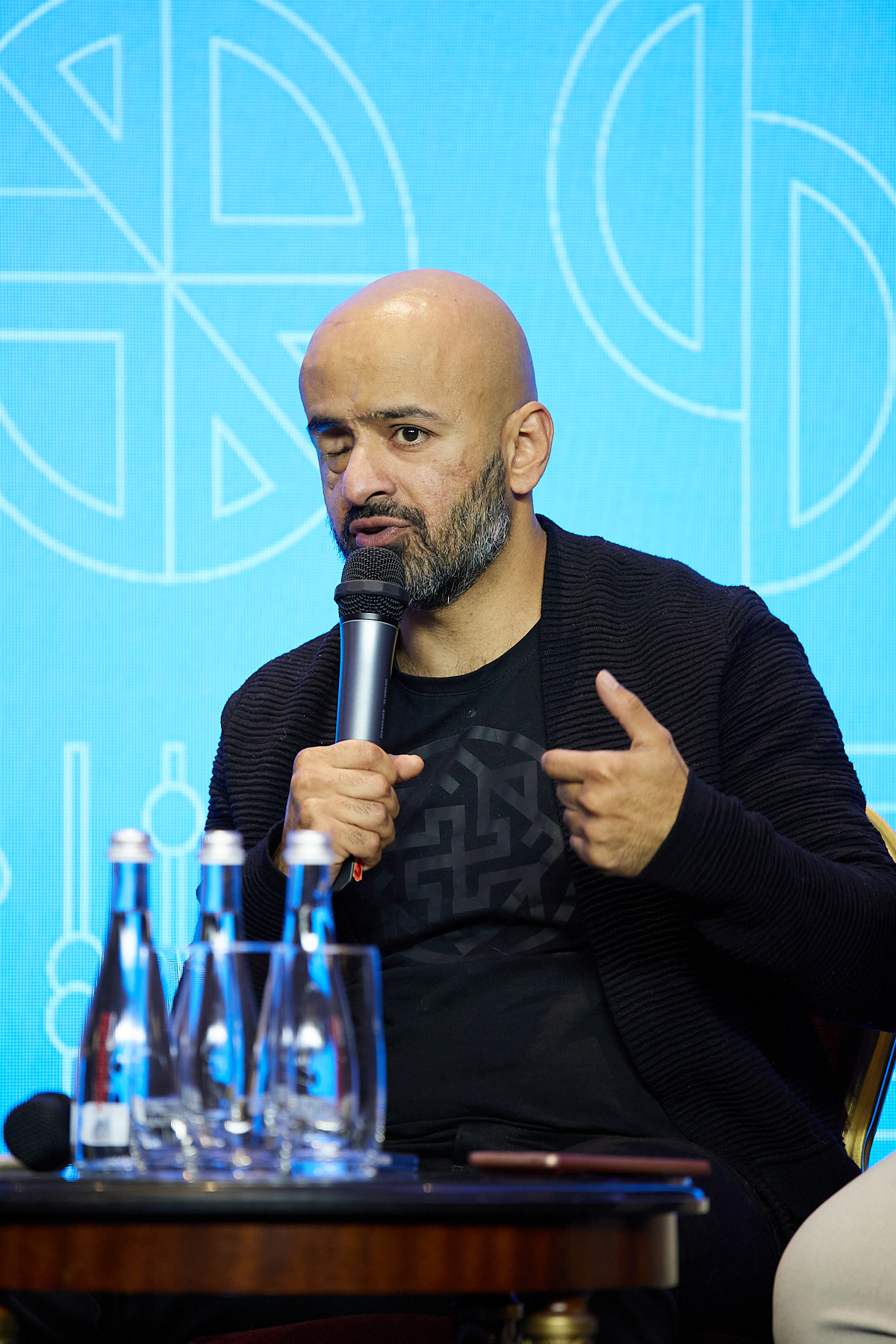
The founder of information hygiene initiative “How not to become a vegetable” Oksana Moroz said: “I get the impression that we are now living in October 2022 and discussing the topic of mobilization. In October 2022, most people thought that everything would be fine with mobilization. We conducted a successful offensive operation in Kharkiv region. We felt less fatigue and had more opportunities for exploiting success. And when someone raised the question of changing the processes and engaging in communication, the usual response was: “What for? We’ll get by somehow”. After all, we expected to have a coffee in Yalta by the end of summer. And what happened then? Russians had been working in a systematic manner. Unfortunately, they know how to do it. Since the end of April 2022, they have been working toward a result that we are seeing now. They invented these things in 2022 and even in 2023, so there is no need to invent anything now. It is very difficult to draw objective conclusions from this data. We need to discuss what may happen if the situation in terms of solving our problems and communicating problematic issues remains as it is.” According to Oksana Moroz, the information space is now controlled by Russia. If we don’t make any changes in this area, our enemy will cause societal rifts in Ukraine. Therefore, it is very important for the state authorities to talk about problematic issues with our society.
